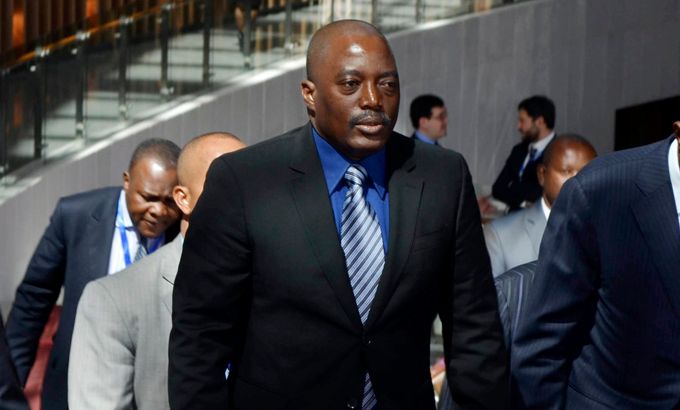AU talks break down over DR Congo crisis
S African official blames UN’s failure to consult regional players for country’s decision to back down from peace deal.

Talks have broken down at the African Union summit in Ethiopia on plans to solve the crisis in the Democratic Republic of Congo (DRC), as the United Nations had not consulted regional players on their efforts to mend the crisis, according to a South African official.
A spokesperson for Ban Ki-moon, UN secretary-general, announced on Monday at the summit room that the signing ceremony in Addis Ababa had been cancelled.
Leaders were expected to discuss the unrest in eastern DRC, where M23 rebels took over the key town of Goma before pulling out.
Nosiviwe Mapisa-Nqakula, South African defence minister, said that her country opposed the deal because the Southern African Development Community (SADC) had been “working for months on their own plan” and the UN had not consulted them about their efforts.
The SADC, which compliment the AU, is an intergovernmental organisation representing 15 southern African states that aims to further socio-economic co-operation amongst the countries.
“A bottom-up approach is always better than a top-down approach,” she said.
Tanzanian delegates were not immediately available for comment.
To continue in private
Reporting from Addis Ababa, James Bays, Al Jazeera’s diplomatic editor, said that the talks would continue in private between various heads of state at another location in the city and not at the AU building.
“At the last minute, Ban Ki-moon’s spokesman came into the room and said ‘It’s all off for now […] they cannot reach an agreement […] we do not have a signing ceremony for you’,” he said.
Speaking to Al Jazeera, Seraphin Ngwej, DRC special envoy, also said there would be “no agreement today” and that he was not hopeful that anything would be resolved at the Addis Ababa meeting.
He said the bilateral negotiations would continue “outside the AU”, and that he hoped for negotiations “within one month”.
Ngwej said mainly Tanzania and South Africa had objected to the deal, because they had concerns over details of the plan.
UN disappointment
UN officials said they were dissappointed with the outcome.
Last week, the UN proposed a plan to expand its peace mission in the DRC, creating a new special intervention brigade – comprising between 2,000 and 2,500 troops – to work alongside existing peacekeeping troops.
On Friday, a group called “eight plus one”, comprising the DRC, regional countries and the UN, committed itself to a peace plan which was the key subject of Monday’s talks.
“It was a detailed plan, [and] they had distributed the text,” Al Jazeera’s Bays said.
“It looked like it was very close to be finalised, [but] there is now clearly some sticking point from, we’re told, a number of countries.”